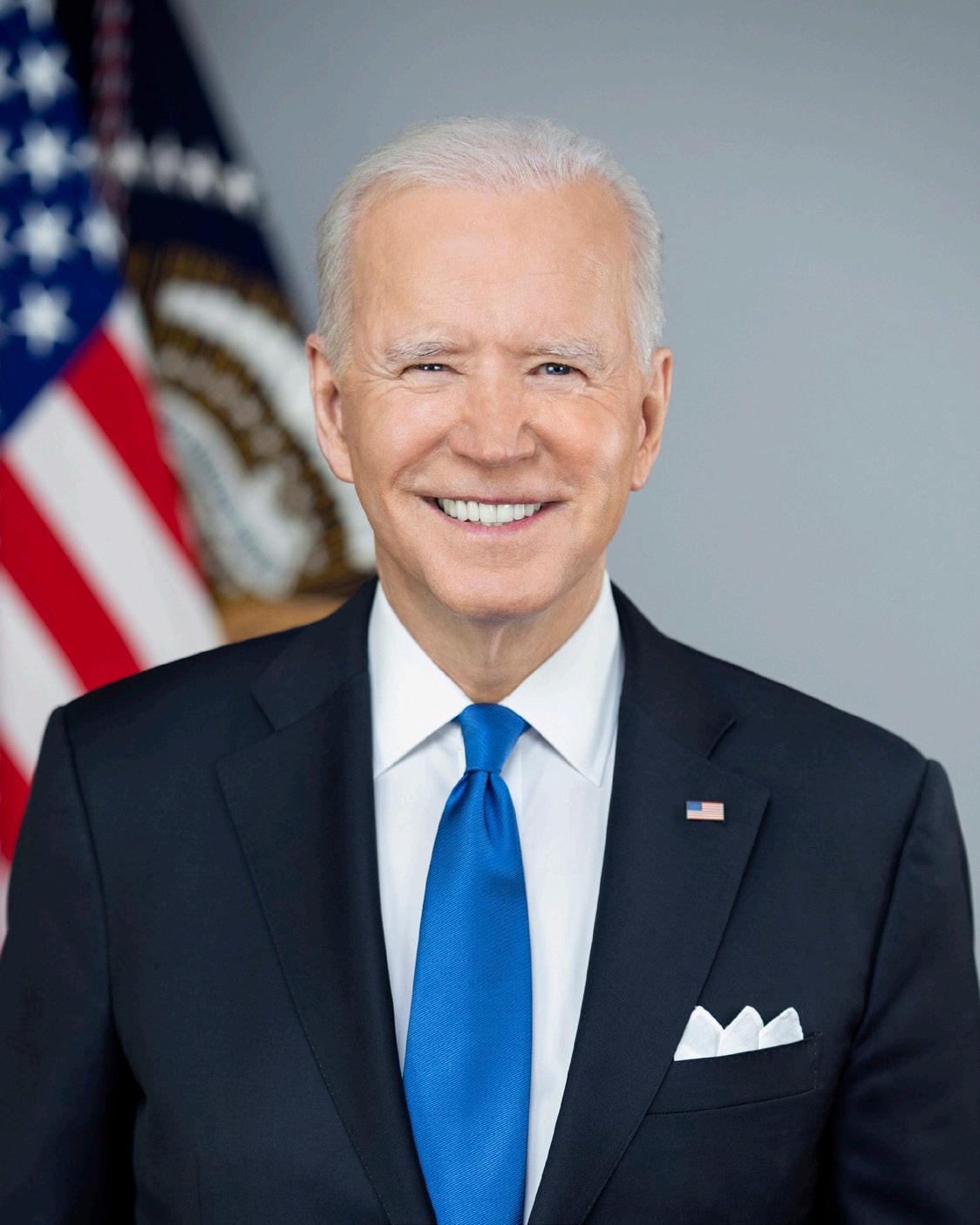
3 minute read
President Biden's 'Build back better' plan receives local support from community groups
President Biden’s $3.5 trillion Build Back Better plan has received the support of local community groups Housing Action Illinois, the Jane Addams Senior Caucus, ONE Northside and Fair Economy Illinois.
“We haven’t been this close to major investments in affordable housing in a generation,” Housing Action Illinois (HAI) noted in an email blast. In particular, HAI favored the plan’s $90 billion in rental assistance for one million lowest-income households, $80 billion to preserve public housing for two million people and $37 billion for the National Housing Trust Fund, which would create 330,000 affordable rental housing. Illinois’s share would be 31,000 new vouchers for families with children, people with disabilities and seniors; as well as $1.7 billion for the Housing Trust Fund to create new rental homes for extremely low-income households.
HAI noted also that the proposed legislation would begin to close the racial wealth gap with $10 billion in down payment assistance for first generation homebuyers.
Affordable housing expansion was also one of the factors behind support from community leaders from ONE Northside, Jane Addams Senior Caucus, The People’s Lobby and Fair Economy Illinois.
They were joined in a September 29 action outside the Blue Cross Blue Shield building by elected officials, including Alds.Daniel La Spata, Rossana Rodriguez, Andre Vasquez, Carlos Ramirez-Rosa, Michael Rodriguez, and Matt Martin; Cook County Commissioner Brandon Johnson, State Rep. Will Guzzardi, and State Sens. Robert Peters and Mike Simmons, all of whom urged congressional Democrats to stand fast behind the Biden plan. The plan has no Republican support, according to CBS News, so Democrats are attempting to pass it through a budgetary process called reconciliation, which requires the support of all party members.
The four organizations and elected officials said Build Back Better has bipartisan support because:
• It would expand Medicare and allow the government to negotiate drug prices
• It would create pathways to citizenship for immigrant youth, people with temporary protected status, farm workers, and essential workers
• It would slow climate change by shifting energy consumption away from fossil fuels and toward sustainable energy while creating green jobs
• It would fund all of this by forcing corporations and the wealthy to finally pay their fair share in taxes.
According to the website of the House Budget Committee, people making less than $400,000 annually would not see a tax increase.
The day before the Blue Cross Blue Shield action, on September 28, the Jane Addams Senior Caucus partnered with Human Rights Watch, the National Domestic Workers Alliance and others on a virtual news conference with U.S. Sen. Tammy Duckworth (D-IL). The advocates said the proposed Better Care Better Jobs Act (S.2210) promises to expand access to home and community-based services for older people and people with disabilities, so they could live there instead of in nursing homes and other residential facilities. There are 820,000 people on waiting lists for these services across the U.S., Jane Addams officials said.
If passed, the legislation would raise wages and improve working conditions for direct care workers, who are overwhelmingly women and people of color, officials said. Due to low wages and lack of basic benefits, they often live in low-income households. Poor working conditions lead to a high rate of turnover among workers, despite growing demand for services.
The White House website calls the Build Back Better agenda “an ambitious plan to create jobs, cut taxes and lower costs for working families – all paid for by making the tax code fairer and making the wealthiest and large corporations pay their fair share.”
House Budget Committee officials say that expenditures would focus on childcare expansion; on education (two years free pre-K and two years of free community college); paid family and medical leave; expansion of Medicare, Medicaid and the Affordable Care Act; tackling climate change through clean energy credits and more affordable housing in underserved communities.
- Paige Bialik and Suzanne Hanney, from prepared materials










